Kalshi’s Congressional Futures Exchange Proposal Garners High-Profile Support
Posted on: September 21, 2022, 10:07h.
Last updated on: September 21, 2022, 03:12h.
More than 120 letters, including some from highly influential individuals, have been sent to the Commodity Futures Trading Commission (CFTC) regarding Kalshi’s request to offer contracts on which political party controls the US House and Senate.
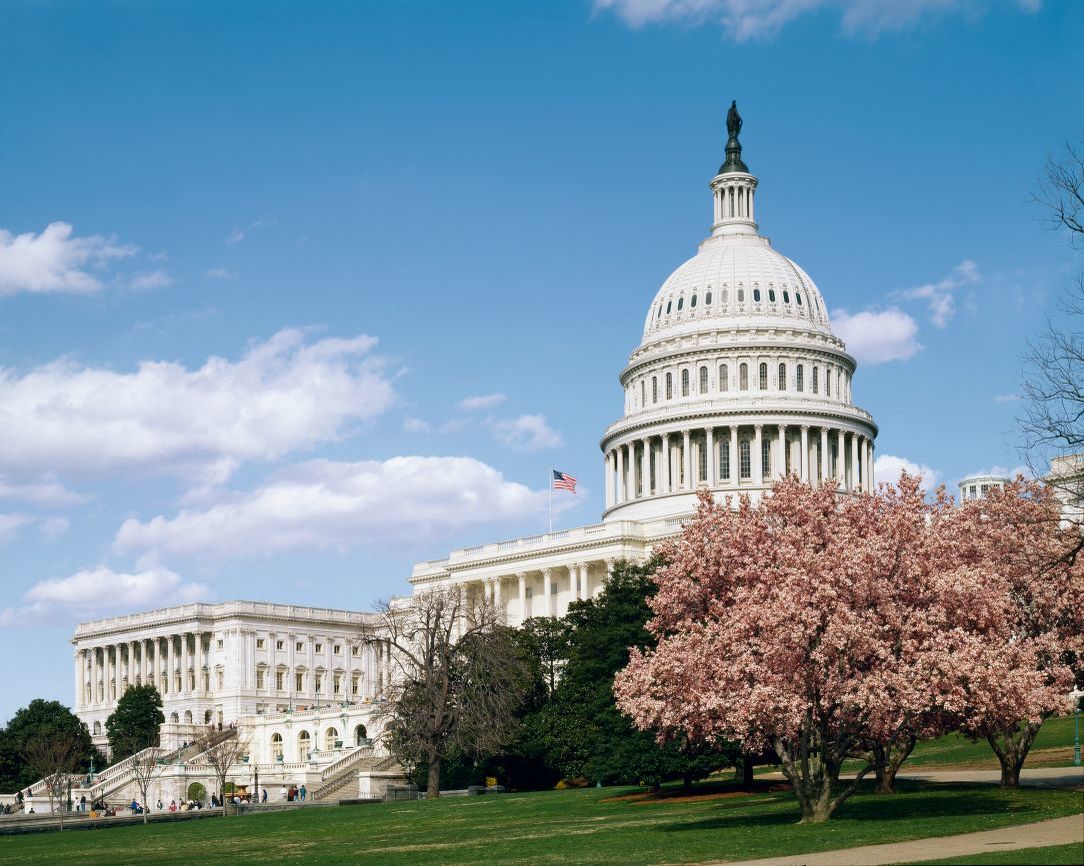
Among those who have submitted letters to the federal regulatory agency are Facebook cofounder Dustin Moskovitz and Harvard University economics professor Jason Furman.
They and others are urging the CFTC to allow Kalshi to sell political futures contracts, citing, among the various reasons, that such markets are valuable hedging tools and provide a real-time snapshot of how events leading up to an election impact who is likely to win.
Elections are not games, and the outcome of political control of Congress has enormous public interest ramifications,” wrote Furman, who served as an advisor to President Obama’s 2008 campaign and, in 2013, became the chair of the Council of Economic Advisers.
“Election-focused prediction markets combine the economic significance of a powerful risk reduction tool for small businesses with the social significance of a powerful forecasting tool for researchers and policy-makers,” he added. “A regulated election market will further the public interest by providing a valuable risk management tool, and providing data that will be valuable to businesses, economic researchers and policymakers alike.”
The commission will accept public comments, which may be submitted online, through Sunday. Regulatory officials told Kalshi they are striving to issue a decision on the matter by Oct. 28.
Opponents Cite Integrity Concerns
Not all of the letters submitted support Kalshi’s request.
“It is incredibly concerning for the prospects of democracy in defining economic incentives around mass voting behavior,” wrote Amy Atlas, a political science researcher, in a message posted on August 30.
Others, too, are worried that such exchanges would threaten the sanctity of the election process.
Joseph Jameson with Fair Elections Texas told the CFTC in a message dated Saturday that he found “the character and content” of supporters’ comments disconcerting since they have a vested financial interest in the commission approving it.
“We already have too much money in politics,” wrote Shirley Janota in a message dated Sept. 4. “We’re supposed to have free and fair elections. Not this. If people want to gamble, that’s what casinos are for.”
What Kalshi Seeks
Kalshi, which currently offers trading markets for climate, economic, and other events, isn’t looking to offer contracts on individual races in the US House and Senate. Instead, its focus is just on who will win majorities in the chambers.
The contracts would be valued at $1 and could be traded for any amount between a penny and 99 cents until they mature.
In its proposal to the CFTC, Kalshi also proposed a $25K exposure limit. Moskovitz noted that the low limit would remove any incentive for traders to try to manipulate the outcome.
“Elections are multi-billion dollar affairs with millions of interested parties attempting to influence people’s vote–the resources necessary to make a dent far outstrip the $25,000 by several degrees of magnitude,” he wrote. “These contracts will enhance the integrity of our elections by providing the news media with an accurate estimate about the state of the race.”
Related News Articles
Most Popular
Las Vegas Overstated F1 Race’s Vegas Impact — Report
Vegas Strip Clubs Wrestle in Court Over Animal Names
Most Commented
-
End of the Line for Las Vegas Monorail
— April 5, 2024 — 90 Comments -
Mega Millions Reportedly Mulling Substantial Ticket Price Increase
— April 16, 2024 — 6 Comments -
Long Island Casino Opponents Love New York Licensing Delays
— March 27, 2024 — 5 Comments -
Nearly Abandoned Mall Outside Vegas Soon to Have Only One Tenant
— March 12, 2024 — 5 Comments
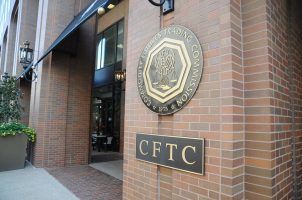
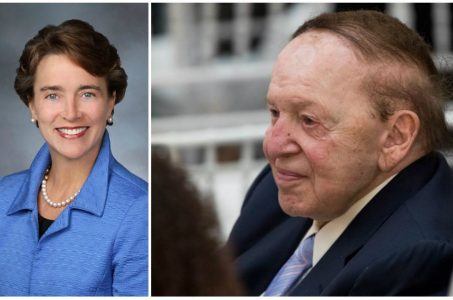
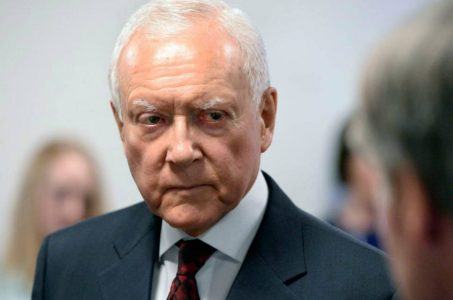
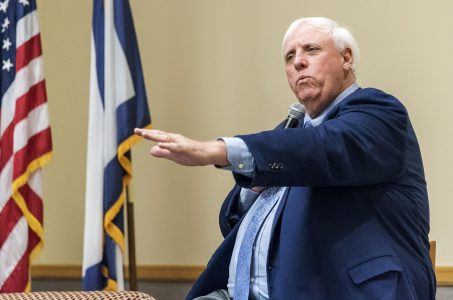












No comments yet